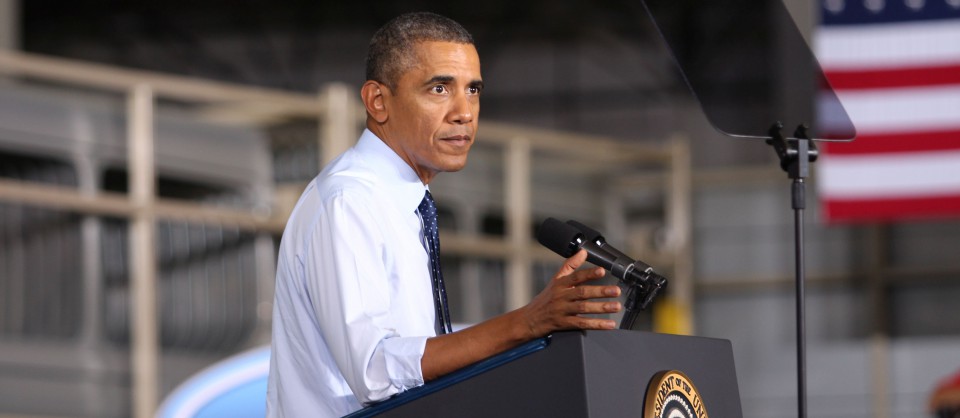“Dulce et Decorum Est” is the title of a Wilfrid Owen World War I poem. The Latin quotation he refers to means: It is sweet and becoming to die for one’s country. But Owen spoke bitterly about that sentiment, and I agree with him.
Please excuse me. I can’t memorialize the soldiers who’ve died in our country’s wars because I believe that, almost without exception, we trump up noble sounding pretenses and go to war for profit. Smedley Butler, one of the most highly decorated Marine generals in our history decided as much at the end of his career.
“I spent 33 years and four months in active military service and during that period I spent most of my time as a high class muscle man for Big Business, for Wall Street and the bankers. In short, I was a racketeer, a gangster for capitalism. I helped make Mexico and especially Tampico safe for American oil interests in 1914. I helped make Haiti and Cuba a decent place for the National City Bank boys to collect revenues in. I helped in the raping of half a dozen Central American republics for the benefit of Wall Street. I helped purify Nicaragua for the International Banking House of Brown Brothers in 1902-1912. I brought light to the Dominican Republic for the American sugar interests in 1916. I helped make Honduras right for the American fruit companies in 1903. In China in 1927 I helped see to it that Standard Oil went on its way unmolested. Looking back on it, I might have given Al Capone a few hints. The best he could do was to operate his racket in three districts. I operated on three continents.”
Butler died in 1940, and his examples are dated, but you know full well that today’s wars are fought for oil. The pooh bahs will tell us it’s about fighting terrorism, as they did in Iraq and are currently doing about Afghanistan. But don’t forget that the oil that lies above Afghanistan, if it’s to come to this country, will have to arrive via a pipeline through that treacherous killing ground.
And so, many young Americans are going to die there, in a war that won’t be won. Perhaps, in the case of Democrats, this one will be fought to prove that we’re not “weak on national security” as Republicans claim we were in Viet Nam, but whatever the motive, the bankers Smedley Butler came to disdain are still profiting. We will appropriate obscene amounts of money, as we have been doing exponentially since Korea, despite Eisenhower’s warning about the military-industrial complex.
And, as Herman Melville noted, young men will foolishly pay the ultimate price for this greed:
Youth must its ignorant impulse lend–
Age finds place in the rear.
All wars are boyish, and are fought by boys,
The champions and enthusiasts of the state:
(…)Expectancy, and glad surmise
Of battle’s unknown mysteries.
All they feel is this: ‘t is glory,
A rapture sharp, though transitory,
Yet lasting in belaureled story.
So they gayly go to fight,
Chatting left and laughing right.But some who this blithe mood present,
As on in lightsome files they fare,
Shall die experienced ere three days are spent–
Perish, enlightened by the vollied glare;
John Kenneth Galbraith says we create myths to sell ourselves on the need for a war, and that the young are easily sucked in by those myths:
“Men must have a fairly elevated motive for getting themselves killed. To die to protect or enhance the wealth, power, or privilege of someone else, the most common reason for conflict over the centuries, lacks beauty.
The Age of Uncertainty, p. 111
How beautiful is it to die for oil, or, for that matter, to prove you’re not weak on national security?
So, on this Memorial Day, I do not give thanks for those who’ve died in our wars. The front page of today’s Post-Dispatch has a picture of a two year old boy looking at the medals of his father, who died in Iraq. I don’t honor that death. Instead, I curse Bush and Cheney, I curse Halliburton, Blackwater, and all the businesses who’ve gotten rich out of this war, and I curse our gullibility about the myths that take us to war. Until Americans begin to agree with me, many more toddlers will look at medals instead of getting hugs from their dads.

Hello. If we fought the wars for oil can you please tell me what contracts we’ve been given in Iraq for oil in the United States of America. Cause the way I heard it, Claire McCaskill and Pelosi said that Iraq had to abide by USA EPA standards, and so all the contracts went to China, or other places.
Please give me exact contract names, amounts, etc. Maybe I missed these contracts.
I can’t say I entirely disagree with the sentiments expressed here.
But a soldier signs up knowing that he will have to put his or her life on the line, and does so in defense of our country. That’s what we are honoring, that sacrifice, and not the decisions of those at the top to misuse their authority.